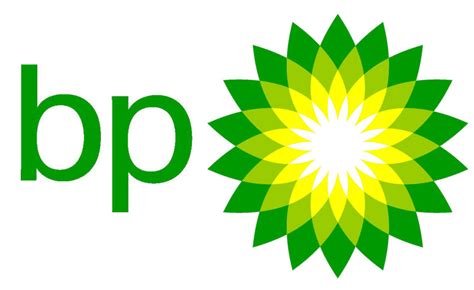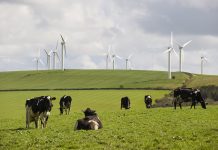Bernard Looney’s “cash machine” lived up to the BP CEO’s notorious characterisation this morning, as the fossil fuel super major posted its highest quarterly profits for 14 years during 2022’s second three months.
Headine profits equating to £7.35 billion revealed for the three months to June have prompted the oil and gas behemoth to lift its dividend by 10%.
Doubly rewarding shareholders, the company is directing 60% of the quarter’s £ 5.24 surplus cash flow back to them via a new share buy back scheme.
Re-stated to the “replacement cost” designation, profit at BP was $8.5 billion or £6.75 billion, up by a third on 2022’s opening quarter.
“Exceptional oil trading performance” and strong refining margins were partly offset by marketing costs in gas and trading, down from the exceptional result in the first quarter, and depressed by an ongoing outage at its Texas LNG export terminal.
Net debt dropped nearly £ 4 billion, to £ 18.1 billion.
BP brackets its low carbon activities in a single reporting line with gas. Across both technologies, profit at the replacement level stands for quarter two and 2022’s first half at £2.45 billion and £5.3 billion respectively, against £0.9 billion and £2.79 billion for the same periods in 2021.
In line with Looney’s much queried ambition, voiced in 2020, to be carbon neutral by 2050, the supermajor plans
- partnering with Iberdrola to develop large-scale integrated green hydrogen production in Spain, Portugal and Scotland
- bidding for two wind leases off the Dutch coast
- to take a 40.5% stake in the AREH green hydrogen project at Pilabara, Western Australia
In May BP announced that Abu Dhabi’s ADNOC would join H2Teesside, its blue hydrogen project. The emirate’s energy developers Masdar signed up to buy a stake in the British project and replicate it in the Gulf.
Winding up its sanctioned partnership with Putin’s fiefdom Rosneft, BP now classes any transactions as adjusting items.
North Sea levy
On 11 July the UK government signallned a new three-year levy on the profits of UK oil and gas companies. BP anticipates a one-off deferred charge of £0.64 billion against its North Sea businesses, as they face a headline rate of tax of 65%, up from 40%. As the legislation was substantively enacted after June, this charge will be presented within adjusting items in the third quarter 2022.
Last week Shell and Centrica revealed their soaring profits. Across the hydrocarbon sector, profits are buoyed by earnings out of trading gas and oil at unprecedented prices due to post-Covid recovery. BP expects hydrocarbon staples to remain at ‘elevated levels’ into the autumn and beyond, it said this morning, citing restricted Russian exports.
Faced with cost of living rises led by rocketing retail bills for gas and power, politicians worldwide are contemplating further windfalls on the fossil fuel sector.
More details on BP’s results here




